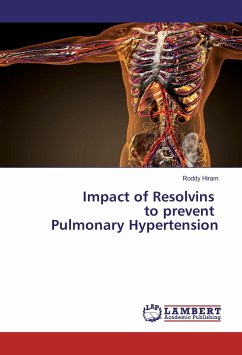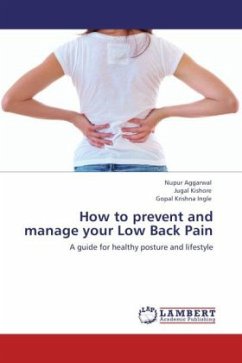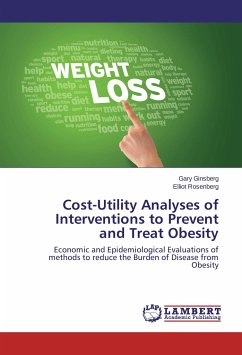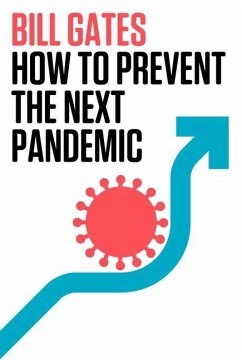
Impact of Resolvins to prevent Pulmonary Hypertension
Versandkostenfrei!
Versandfertig in 6-10 Tagen
30,99 €
inkl. MwSt.

PAYBACK Punkte
15 °P sammeln!
Pulmonary hypertension (PH) is rare disease characterized by an important remodelling and proinflammatory cells recruitement into the pulmonary artery wall. Because of the late diagnostic, the patient care is often performed when PH is at its irreversible and most severe stage. Unfortunatly, none of the actual treatments are able to cure the patients for the long term. We hypothesized that inflammation could be a major event at the origin of all the other cellular dysfunctions that characterise PH. Resolvins; metabolites from Oméga-3 could resolve inflammation and potentially prevent or rever...
Pulmonary hypertension (PH) is rare disease characterized by an important remodelling and proinflammatory cells recruitement into the pulmonary artery wall. Because of the late diagnostic, the patient care is often performed when PH is at its irreversible and most severe stage. Unfortunatly, none of the actual treatments are able to cure the patients for the long term. We hypothesized that inflammation could be a major event at the origin of all the other cellular dysfunctions that characterise PH. Resolvins; metabolites from Oméga-3 could resolve inflammation and potentially prevent or reverse PH. Here we show that Resolvin D1 and E1 and their respective precursors MAG-DHA and MAG-EPA could inhibit inflammation status to prevent and potentially cure pulmonary hypertension. The present book is based on a doctoral thesis of Dr R. Hiram, presented in the University of Sherbrooke, in Québec, the french-speaking province of Canada. In this context, the introduction and discussion have been written in french, but all the experiments and references have been reported in english.












